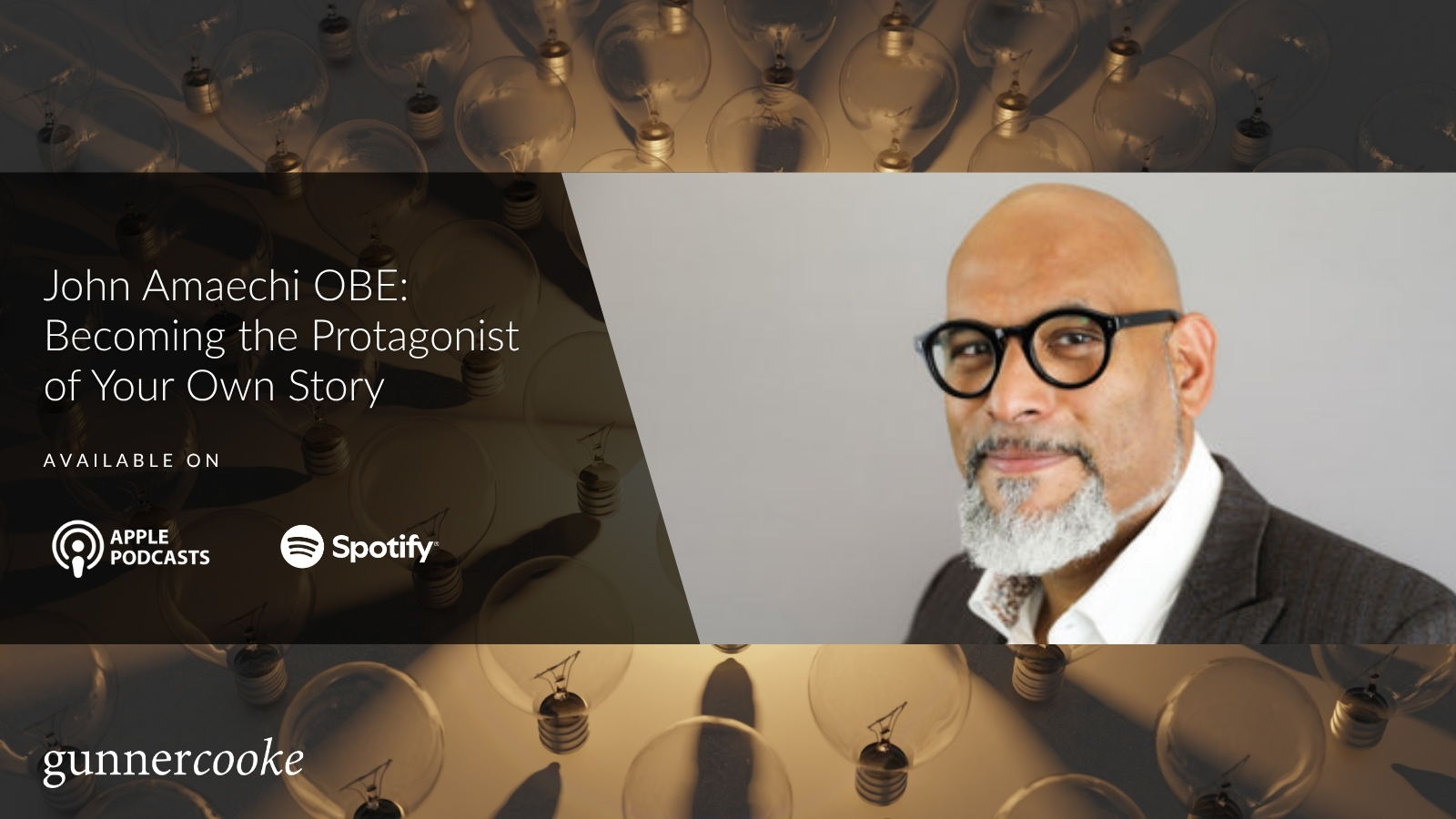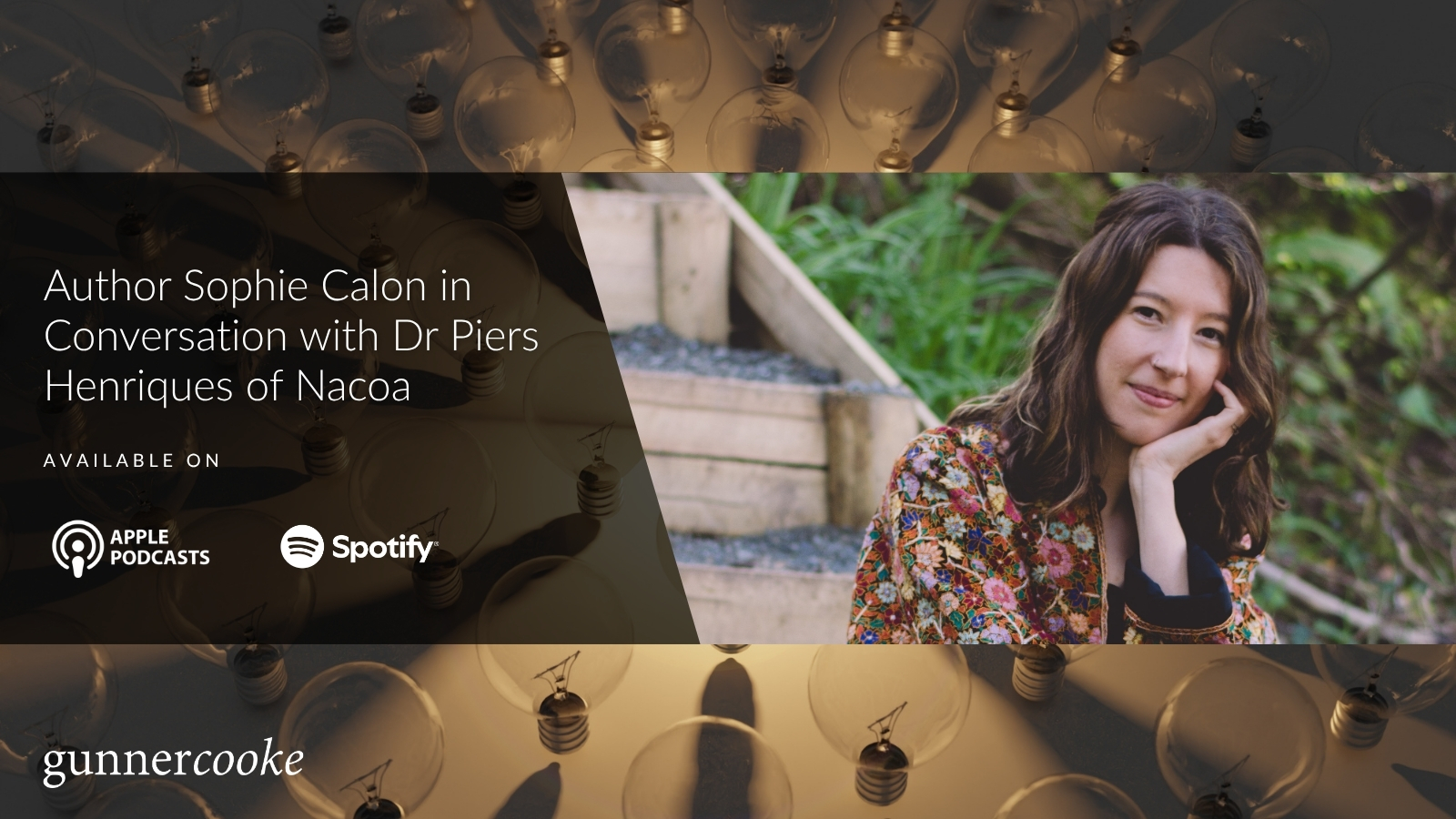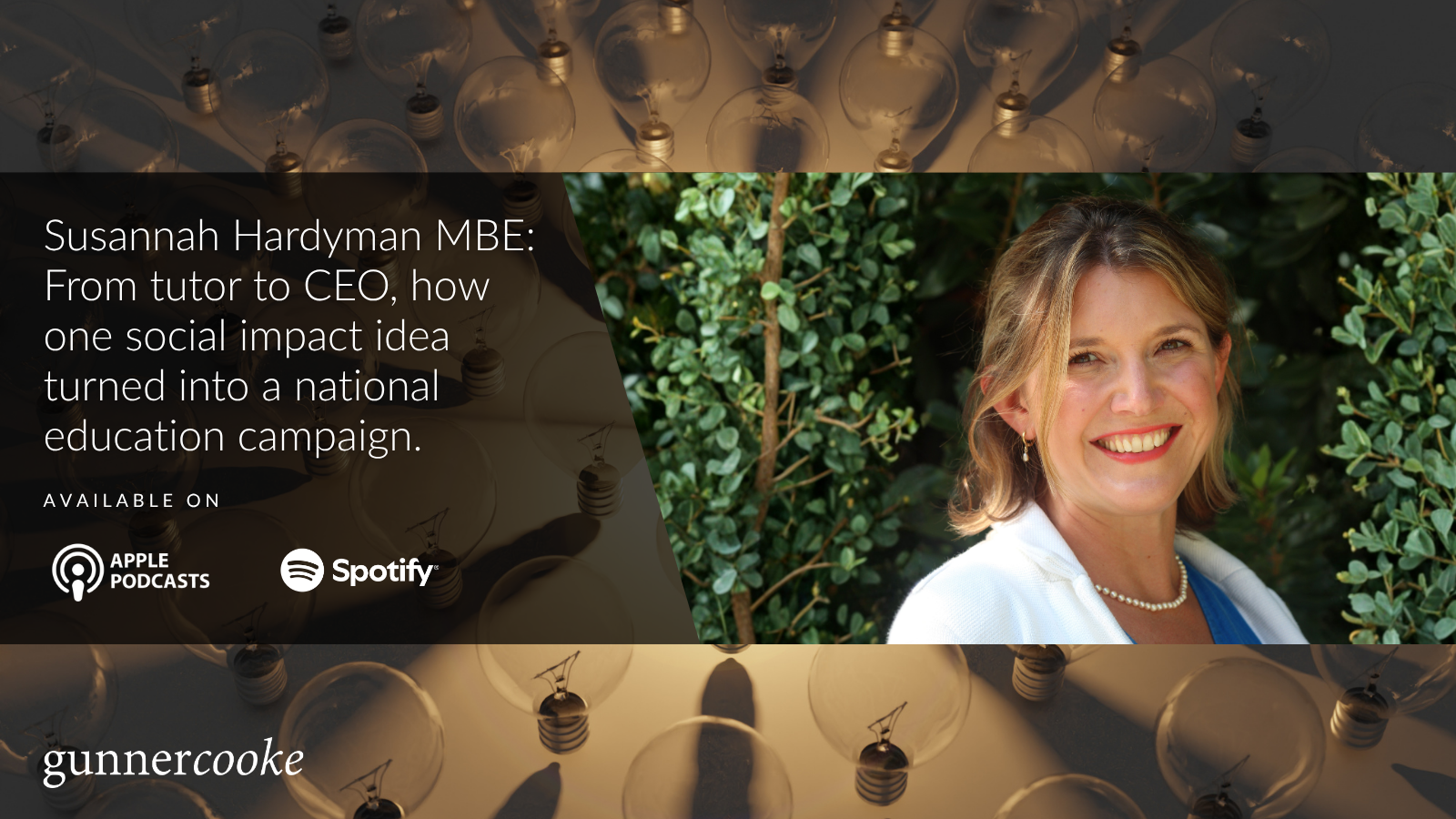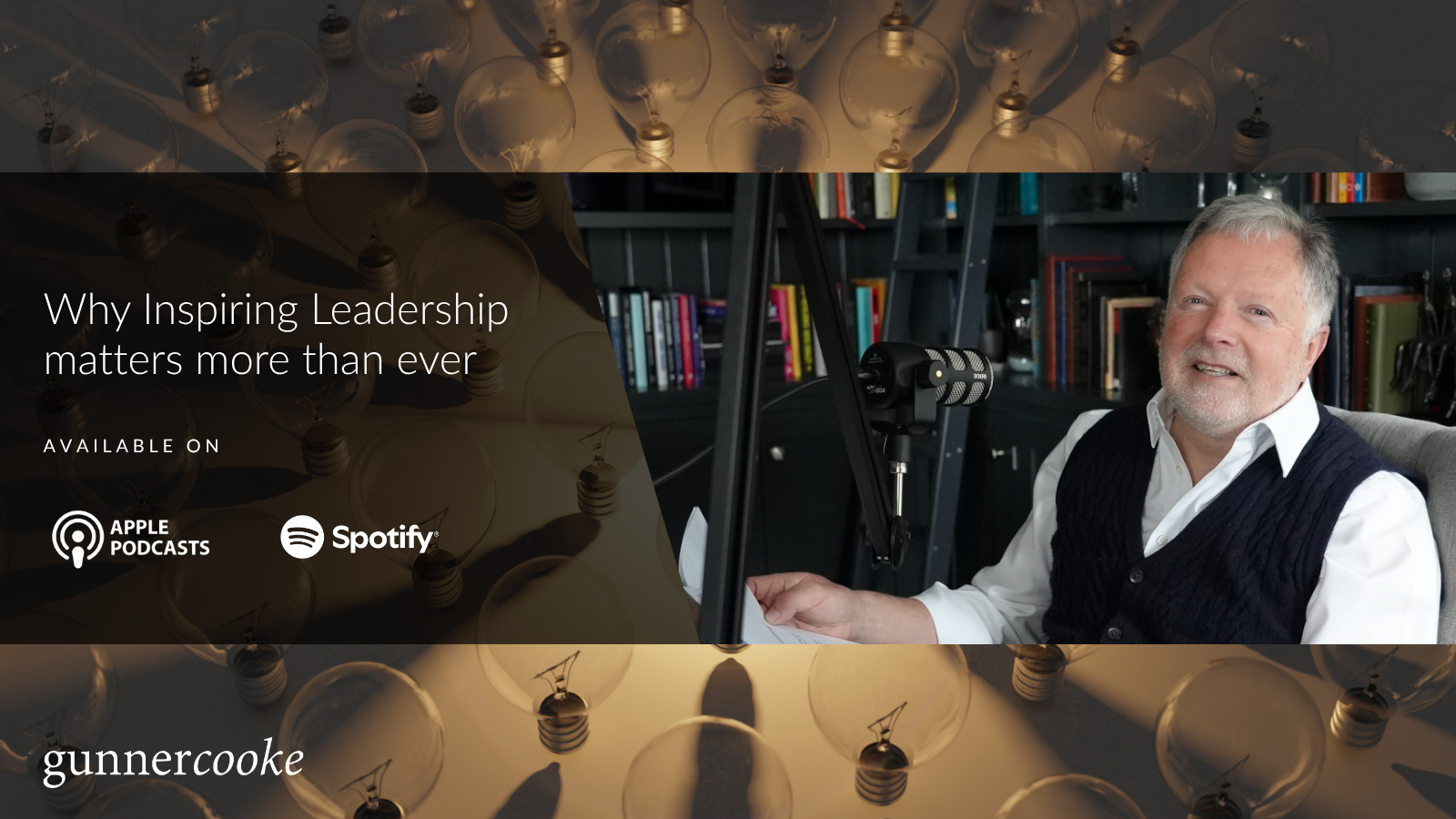- People
- Expertise
Our expertise
We are a team of more than 600 professionals, with the depth of experience which makes us genuine experts in our fields. Together, gunnercooke’s people have strength across just about every corporate discipline and sector. We provide legal, commercial and strategic advice that delivers real value to the clients we work with, which span from multinational enterprises through to not-for-profit organisations. Our breadth of expertise also covers specialist and emerging disciplines charity, crypto, sports and competition law.
Search by practice areaDispute ResolutionDispute Resolution OverviewMeet the Dispute Resolution TeamIntellectual Property DisputesFinancial Services & FinTech OverviewProceeds of CrimeEmployment TribunalTax InvestigationProperty Dispute ResolutionInsolvency DisputesMediationCivil Fraud & Asset TracingHealth & SafetyBusiness Crime & InvestigationsLitigation & ArbitrationInternational Arbitration - International
International Offices
The gunnercooke group has 16 main global offices across England, Scotland, the US, Germany and Austria, with further plans for growth in the coming years. These offices enhance the existing in-house capability of our dedicated international teams and dual-qualified experts that cover Spain, France, Italy, Portugal, Brazil, China, India, Poland and Hungary. Our team have clients across 126 jurisdictions, speak 46 languages and are dual-qualified in 21 jurisdictions. Our expertise means we can offer large teams to carry out complex cross-border matters for major international clients.
- Our story
Our story
gunnercooke is a top commercial law firm. We comprise a rapidly growing number of experts spanning legal and other disciplines. Clients benefit from flexible options on fees to suit their needs, access to a wider network of senior experts throughout the relationship, and legal advice which is complemented by an understanding of the commercial aspects of running a business.
- Reading Room
- News & Insights
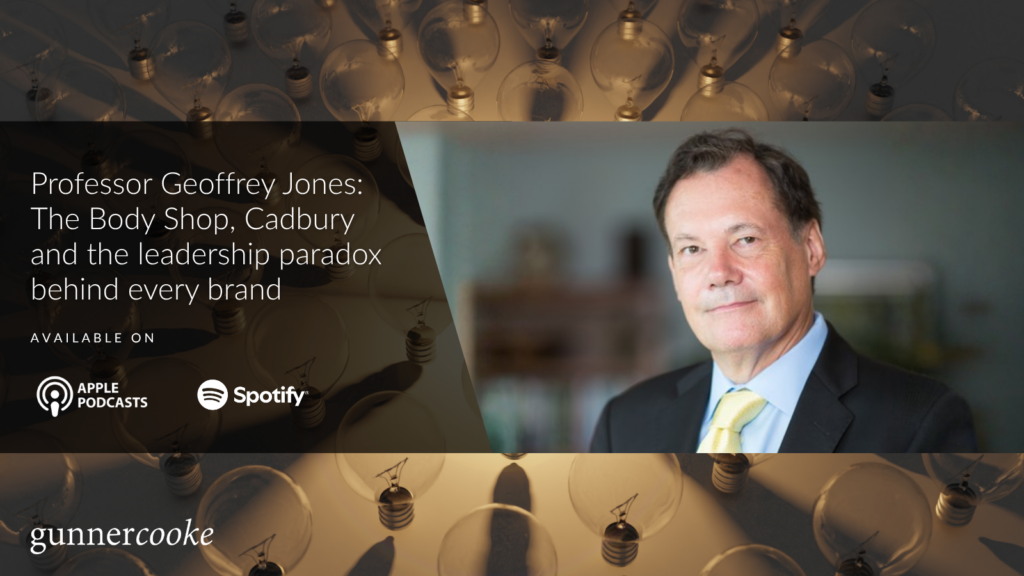
Professor Geoffrey Jones: The Body Shop, Cadbury and the leadership paradox behind every brand
In this episode of The Inspiring Leadership Podcast, Founder Darryl Cooke speaks to Professor Geoffrey Jones, Harvard Isidor Straus Professor of Business History, at Harvard Business School.
Professor Geoffrey Jones has written and edited more than 30 books on the history, impact and responsibility of business. His most recent books include Beauty Imagined A History of the Global Beauty Industry; Profits and Sustainability: A History of Green Entrepreneurship, and the book which brought Geoffrey’s amazing work to our attention, Deeply Responsible Business, A Global History of Values Driven Leadership. He joins the podcast from his home in Boston.
Hear from Professor Jones and Darryl as they discuss what it means to be a deeply responsible business today. They tackle the progress of responsible businesses through the ages, from Cadbury’s, to The Body Shop, via Unilever, and the role of politicians. Discover how doing great business for global good is a long-haul commitment — and why SME’s have tough decisions to make about investment (at a time when freedom, flexibility, and context is everything).
What do deeply responsible businesses have in common? Professor Jones explains how business and society gamechangers have three common characteristics. “They all chose the industries they went into carefully. They thought about how those industries added value to society, rather than detracting from it. They all treated other stakeholders with humility (they didn’t, you know, abuse their employees) and they didn’t abuse their position to lobby for special favours from government. They all tried to build communities: sometimes they gave money for schools, cultural institutions and so forth. They all had a sense that human beings needed communities to bind them together.”
So, why don’t businesses recognise that they should have a greater responsibility to society? Explains Professor Jones: “I think the fundamental reason is that it doesn’t really pay. We like to think it pays in terms of improved brand reputation, all sorts of things. And maybe it does in the long term, but in the immediate term, you know, a deeply responsible business is in competition with businesses which don’t share those values. The problem became greater with the growth of young Milton Friedman’s idea about the responsibility of businesses to maximize shareholder value. The fact that money is held by large financial institutions which invest simply in terms of maximizing their returns. It has become worse rather than better, I think, in recent decades.”
And while it might seem to us, the individual, that our impact is minimal, the Harvard Isidor Straus Professor of Business History explains how we have more power as individuals than we think.
“Every age has challenges, but our age has multiple challenges, which are not really related to one another, but are all bearing down on our society and our political systems. I think it’s up to businesses and frankly up to everybody to sort of take this seriously and not just go on living happily saying ‘it’s all going to get better if we just do our regular lives’ — because it’s not.
“These are problems that have to be addressed, and there’s very limited sign of it being addressed by governments, or business, or consumers in their behaviour.”
Adds Professor Geoffrey Jones: “I have come to the conclusion that the world has to be changed one person at a time. It has to be changed from the bottom up, rather than the top down. So, I think that every time you speak out against injustice, or help someone in distress, or take a decision to walk or cycle rather than drive, you become part of the solution rather than part of the problem. Change needs to start with each of us as individuals.”
Listen to the conversation in full here.
To receive all the latest insights from gunnercooke to your inbox, sign up below

